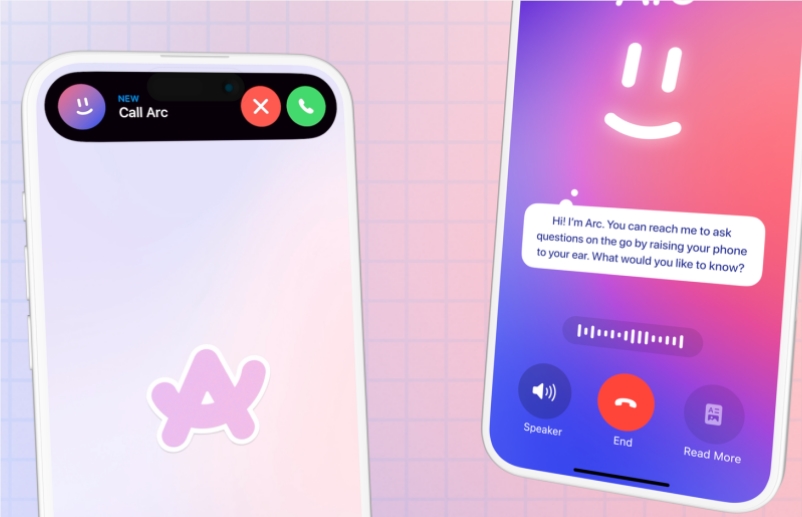The browser company launched Dia, a new browser equipped with artificial intelligence, which is scheduled to be released in early 2025. Dia is not a simple AI auxiliary tool, but deeply integrates AI into the core of the browser, aiming to redefine user network experience. It can intelligently assist writing and information search, automatically process e-commerce links and emails, and even support natural language commands to perform tasks, greatly improving efficiency. Unlike traditional browsers, Dia seamlessly integrates AI functions into the usage process instead of existing as an independent module, striving to provide a more convenient and smarter web browsing experience.
The Browser Company recently announced the launch of Dia, a new web browser that will be released in early 2025 and focuses on integrating artificial intelligence functions. Dia is another innovative product after Arc Browser and Arc Search, aiming to attract a wider user base.
Dia's design concept is different from traditional browsers. The company said the AI will be embedded into the browser environment rather than existing as a separate app or button. One of Dia's functions is to intelligently help users write articles and find information. For example, when a user writes an article about the first-generation iPhone, Dia will automatically obtain relevant facts and provide assistance, simplifying the writing process.
In addition, Dia can also identify the content in the browser and automatically insert the opened Amazon link into the email with product description, improving work efficiency.

Dia also supports natural language commands, allowing users to enter commands through the address bar to perform tasks such as fetching documents, sending emails, or scheduling calendar meetings. What's even more advanced is that Dia can automatically help users shop online. For example, Dia can browse Amazon and automatically add items from promotional emails to your shopping cart.
However, Dia did not always make accurate choices when automatically shopping, indicating that the AI still needs to be optimized in some cases.
Dia can also work with platforms like Notion to automatically fill out forms and send emails to participants, simplifying team collaboration and task management.

Although Dia has demonstrated powerful AI capabilities, how to balance complex AI capabilities with user-friendly experience is still a challenge facing browser companies. Dia's goal is to simplify user operations while meeting different user needs.
In addition, how to convert Dia into commercial revenue is also a problem that the company needs to solve. In an increasingly competitive market of AI browsers and assistants, it remains to be seen whether Dia can stand out.
Dia browser represents the future trend of the integration of AI and browsers. Although the functionality is not perfect yet, it demonstrates the huge potential of AI to improve browsing efficiency and simplify daily tasks. If it can solve existing problems, Dia could revolutionize our online experience.
The release of Dia is highly anticipated. Whether it can succeed in the fierce market competition deserves continued attention. In the future, the deep integration of AI and browsers will bring more possibilities, we will wait and see.